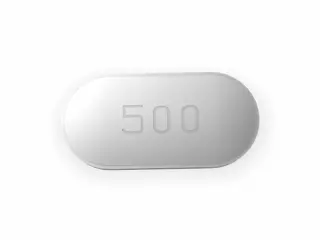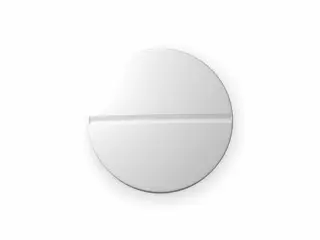Diabetes




Find effective medications and supplies to manage diabetes with confidence. Shop trusted brands for blood sugar control, insulin, testing kits, and more to support your health every day.
Diabetes is a chronic condition that affects how the body regulates blood sugar. Managing blood sugar levels is essential to prevent complications. Many medications are available to help control diabetes. Below is a review of some popular medicines used for diabetes treatment.
Actos (pioglitazone) is a medication that helps improve insulin sensitivity. It belongs to the class called thiazolidinediones. Actos helps the body use insulin more effectively. It often lowers blood sugar levels and can be used alone or with other diabetes medicines. Common side effects include weight gain and fluid retention. It is usually prescribed for type 2 diabetes.
Amaryl
Glucophage (metformin) is one of the most prescribed diabetes medications. It decreases glucose production in the liver and improves how the body uses insulin. Glucophage helps reduce fasting blood sugar and is often the first medication prescribed for type 2 diabetes. It can cause mild stomach upset, especially when first starting.
Glucophage SR
Glucotrol
Glucovance
Glycomet
Micronase
Prandin
Precose
Rybelsus
Each diabetes medication has specific benefits and possible side effects. The choice depends on individual health status, blood sugar levels, and treatment goals. Doctors often start with metformin-based drugs due to their safety and effectiveness. Some patients benefit from combinations like Glucovance for better control.
In summary, there are many options for managing type 2 diabetes. Pills like Actos, Amaryl, Glucophage, and their variations serve different purposes. Sulfonylureas such as Amaryl and Micronase increase insulin, while metformin-based drugs lower glucose production.
Medications like Prandin and Precose target specific blood sugar spikes related to meals. Newer options like Rybelsus offer benefits beyond glucose control, including weight loss. Regular monitoring and doctor consultations are key to successful diabetes management.







